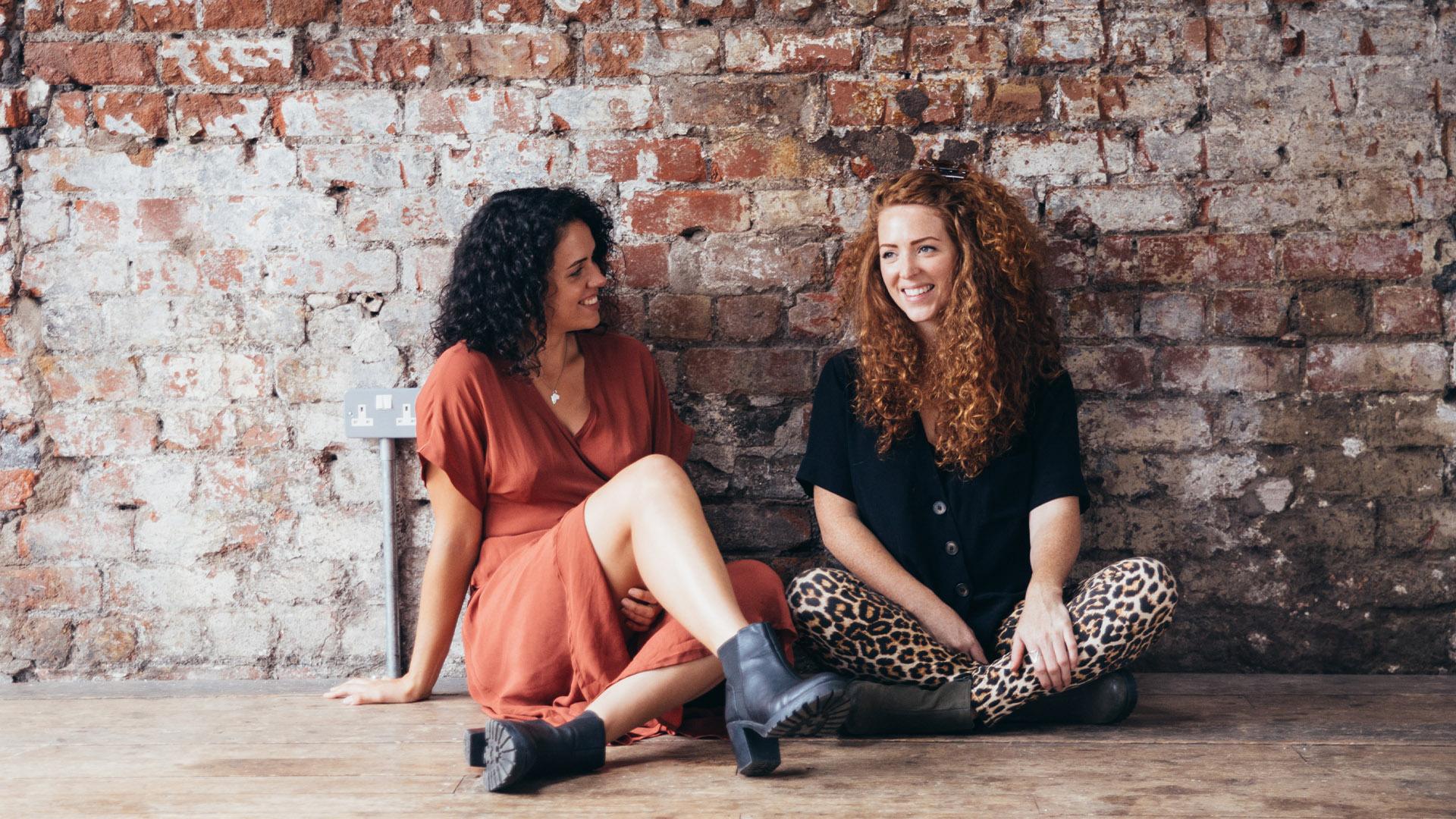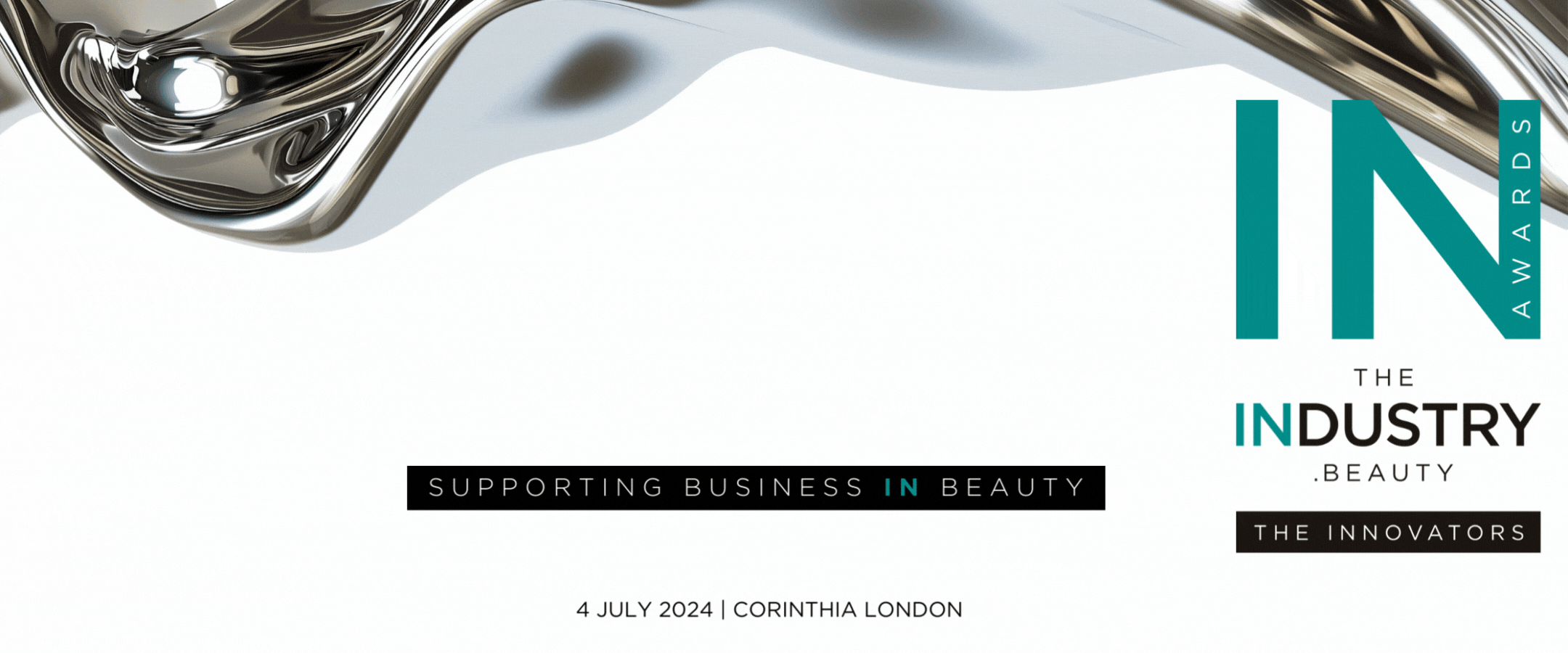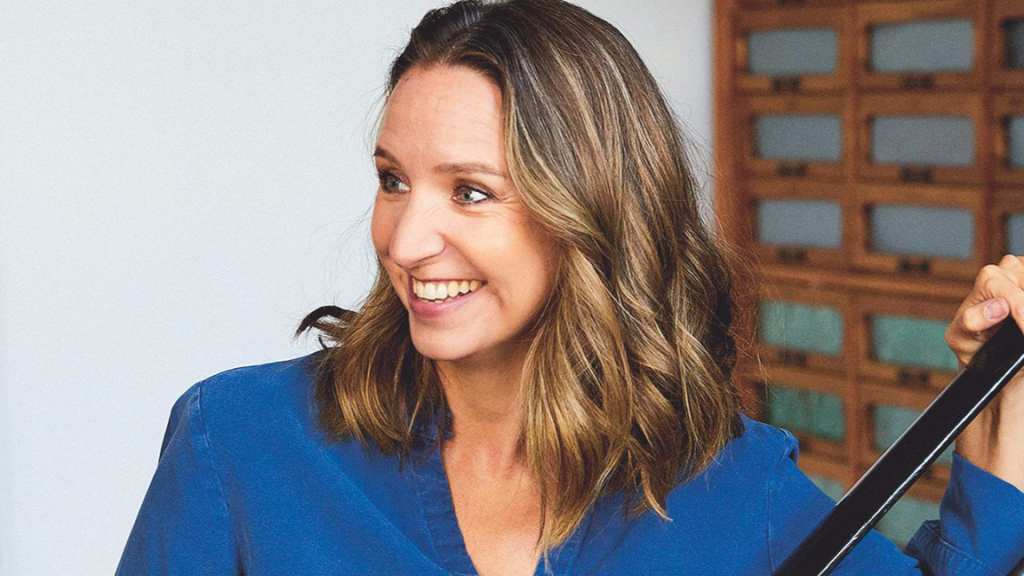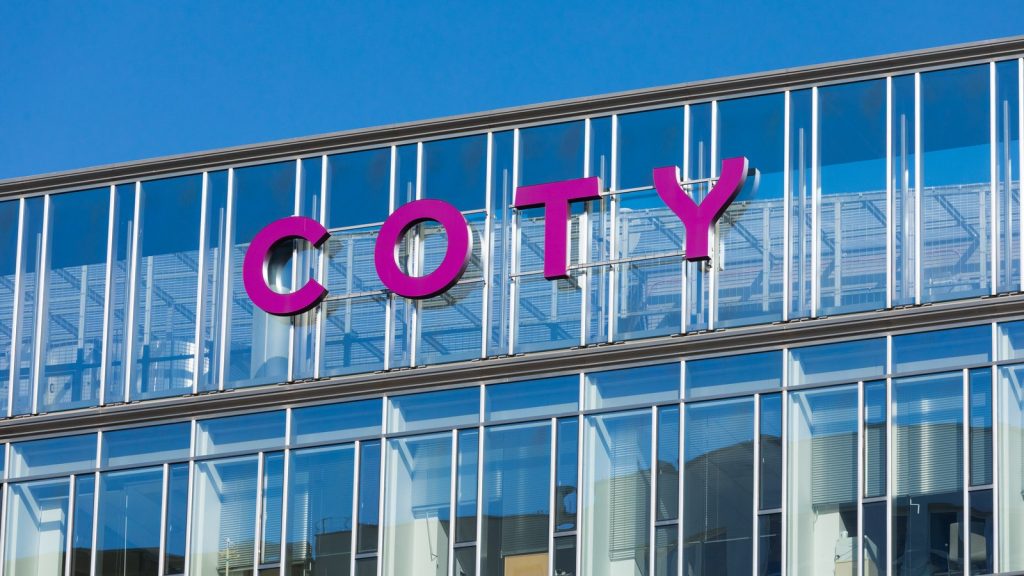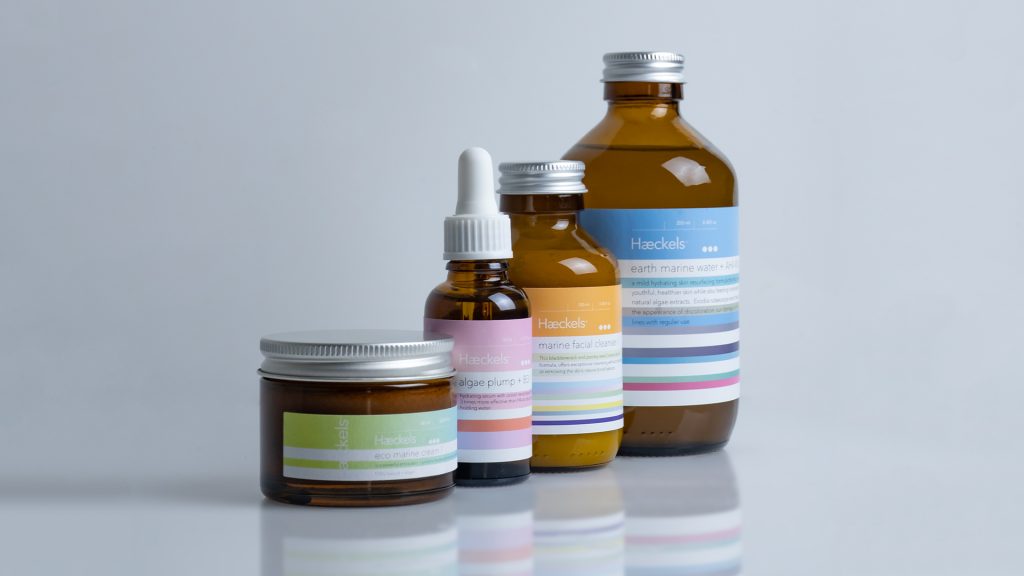The Interview: Leah Remfry-Peploe and Nikki Michelsen, Co-founders of Ohne
University friends Leah Remfry-Peploe and Nikki Michelsen launched their holistic wellness brand Ohne to allow customers informed choices for all their cycle needs, disrupting an industry dominated by a small number of legacy behemoths.
As the Co-founders explain, their customers, "babes who bleed", are at the front and centre of every decision, emphasising that the brand's mission is to be uncompromisingly inclusive, to spark conversation and to break down stigmas.
After testing CBD oil as a cure for their own period-related symptoms, the Co-founders quickly realised that they had to make this available to their community, launching CBD cycle care oils and elixirs, as well as stand-alone CBD chocolates and bath bombs, alongside 100% organic cotton tampons and pads.
More recently it also entered the period pants space, a re-usable alternative to single use products. A common thread through its entire offering is that it aims to cater to a person's entire cycle, not just the period itself.
In this interview with TheIndustry.fashion, the pair explain the concept behind the brand, how they are expanding the product range and why they decided to make CBD a core part of their wellness offering.
Your brand Ohne launched in 2018, can you tell me why you founded it?
Leah Remfry-Peploe: So Nikki and I'd met on our first day of university back in 2010 and fast forward to 2016, we’re at my house drinking wine and Nikki starts her period. So she goes upstairs and just immediately comes back down waving this pad - wine fuelled of course – going Leah what the f is this – not only is it wrapped in plastic but the pad itself had purple hearts on it. And that just made us really, really angry about the industry and why are we made to feel like children every single time we bleed.
Nikki Michelsen: Yes, so you get used to the outer packaging, but the being purple hearts on the pad itself, I remember thinking f this. And we just started talking about, first of all the packaging, and the branding. And as women who, when we buy stuff, we buy into brands that are sustainable, ethical, they relate to us on some level. For something so intimate that we have to buy every single month, there's no choice. There was no brand story that we could buy into, that we felt connected to - nothing. And this whole conversation just steamrolled into what would a brand that we would want to buy from look like. And I think we just couldn't stop. To start with we were looking at the adverts of the mainstream brands - the tall model and her short white tennis skirt and you're just like, what has this got to do with having a period? And then I think that it was looking into manufacturing that we were like, okay, we should really do this.
LRP: Yeah so we had no idea what was in mainstream tampons and pads. We didn't know that they were synthetic materials, that they take 500 years to biodegrade, that every tampon that has ever been made still exists on the planet. For us this was a real kind of push to actually take that step, that everyone should be able to make informed choices. And, very naively, we hadn't realised that period poverty in UK was so prevalent. I think it's one in 10 girls in the UK can't afford period products right now and obviously, that figure is a lot higher globally. So kind of those factors combined made us want to launch a brand that could help people feel empowered around their cycle.
And why is the brand called Ohne?
LRP: When we were coming up with brand names, we came across the word Ohne because we were in Austria at the time, and pronounced it as ‘on’ and we were like oh that means ‘without’ as in without all the shit, without the toxins, without the taboo. But we pronounce it as ‘on’ as in ‘I'm on my period’.
Ah, because I'm German, so I was immediately thinking like without - that makes sense.
NM: No, it’s great because everyone has a different opinion.
LRP: So, some people say it in the German way, some people say ‘on’, some people say ‘own’, like ‘own’ your period so it’s got like so many like connotations based on how you perceive the brand and we kind of love that.

What struck me when I looked at your website was the language you use – “babes who bleed” or “all bleeders”. Can you tell me a bit more about why this was important to you and how you developed this terminology?
LRP: I think from the get go we wanted to make sure that we're being inclusive, like not all women have their periods and people who do not identify as a woman also have a period. And that was really important to us. It's something that the industry typically is really archaic about and we wanted to move as far away from that as we possibly could. So, we talk about menstrual health.
NM: Language is so important. And it's these legacy brands who have essentially just been using the same terminology again and again without ever being challenged. Like that word hygiene, why is that associated with periods? Why would periods be seen as unclean and unsanitary?
Sanitary pads - like it's all that legacy language that comes with the taboo that we really wanted to disrupt. And with Ohne we've always made sure that we use the right words for things when we're talking in our blogs or on social media post like we use the word vulva, vagina, discharge. And every time someone asks us why do you use “babes who bleed” - it's then another opportunity to talk about this legacy language and why we want to change it. I think that's what we've always tried to do, make every touchpoint of the brand is an opportunity to engage in conversation and try and move things into a more inclusive direction.
You are a very new, female-founded company in a space that’s dominated by really big, old-school players. While O.B. or Tampax are releasing tampons with all kinds of fancy features, you decided to take a very different approach to the market. My first question then is: do you think these behemoths of industry have run out of ideas?
NM: The way that we see it they haven't had to do anything for so long. They have monopoly share of the market, they're competing against each other - it's like three brands competing for market share on a price basis and that’s the only thing - which retailers are you in, what's the price per unit and and how can we get the product as cheap as possible. So for us we had the opportunity to come at it from a completely different angle.
What is the modern 21st century bleeder looking for in a brand? What products might they not even know might be helpful to them, because we're not having the conversations to enable people to think about the different symptoms they experience on a cycle. So it’s these conversations that allowed us to kind of just approach it in a completely different way, putting the customer and product innovation at the centre.
LRP: I think another thing to add to that is the kind of taboo and stigma around periods. There's no conversation and this is encouraged in the way that they package and they market and kind of this shame around is so real and emphasised by these legacy brands. I think when we came in, we were going – let’s move away from what they’re doing entirely, let's have the conversations and that opened up interest in the entire cycle, not just necessarily kind of periods, but bridging that gap between wellness and menstrual care, menstrual health, so kind of cycle care. And once you understand your cycle you can understand and really thrive through every single phase of that cycle.
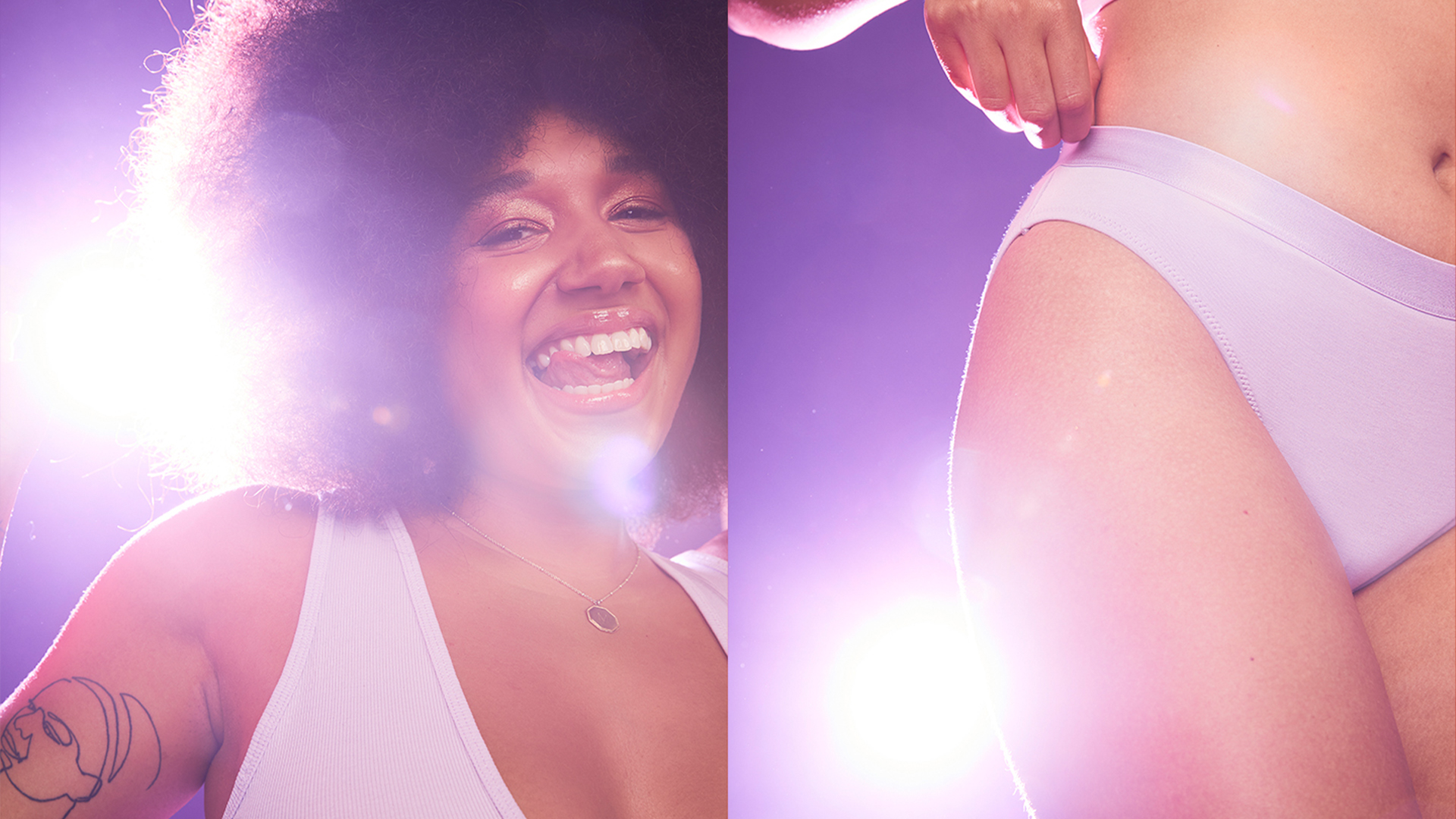
Let’s deep-dive into the ways that the brand is innovating. I want to start-off with asking about the brand’s holistic approach and specifically the CBD products you sell. How did you arrive at the idea of selling CBD infused dark chocolate, bath bombs and drops as part of your brand? And what are the benefits of using CBD?
LRP: Honestly, when we first tried CBD, we were at an organic market. Nikki and I were showcasing the products. And someone approached us, another founder, she ran a CBD company and she was incredibly passionate. She came up to us and said, CBD has changed my life around my period, around my cycle - she was suffering from Endometriosis. When she pitched this to us, this was back in like next 2019, 2018 maybe a couple of months after we launched. Genuinely I was like I don't think this stuff is legal. It was just not regular, I mean, obviously CBDs everywhere now, but it was so early on that I was like really sceptical. But she gave us loads of samples and encouraged us to try it for pain supports, for hormone support and a whole bunch of things. Now I started trying it because I suffered really badly with cramps, and I pop drops on the end of my tampon and really quickly felt the effects and I was amazed. And then Nikki started trying it.
NM: So, I’d I come off the pill and oh my God, my hormones just went through the roof. My periods were for like two weeks, eight weeks, six weeks, I had such bad skin and the pain, basically every time the period came, it came with a vengeance. I felt like a teenager again. I was like - I'm 28 years old, what is going on with my body? And she recommended that I take the CBD oil like as a daily drop and it would just help to sort of like balance out the body because a lot of it is due to stress and the sort of imbalance of the hormones as they're like trying to regulate naturally. After three or four months everyone was like all your skin looks so much better. And then it was maybe five months and my periods were every four weeks and it’s just stayed like that. And we were just like, this is insane, we can't not find a way to bring this into the brand because Ohne is all about community. If we found this thing that's really helping both of us in completely different ways, there must be a way to bring it to the brand.
You made the conscious decision to be very size inclusive with your period pants, ranging from 4 to 30, or xs to 3xl. Why was this important to you and how much time did the team invest in making sure every size fit?
LRP: The size inclusivity honestly it was something that just seemed like an absolute no brainer to us, that actually every single person, regardless of their size should have access to products. The fittings were definitely harder because it was something we wanted to get absolutely spot on. We basically wanted every single size and obviously with different sizes you've got completely different body shapes, you've got different weight distribution and that was the part that did take us a really long time. So we were in development and the plus sizes were just not quite right so we postponed the launch. So we really made sure that every single size went through fit trials and rather than just kind of going for medium and increasing or removing fabric it was adjusting the pattern itself for every single size.
Your period pants have already proven wildly successful with a waitlist of 8300 people signing up to receive a free pair within only four days. You are looking to release more-absorbent pants in the future which I’m sure many people are very excited for. What else can “people that bleed” look forward to in the future?
LRP: Uh lots coming up. So we at the moment want to make sure that we're thinking about cycle care holistically. So there are kind of three pillars of Ohne’s offering. So the products are all organic, biodegradable, eco-friendly but it’s also about making sure we've got products for every single stage of that cycle.
The second pillar is resources, so we're kind of making sure everyone has the information and education, kind of bridging that gap between what you learn in a crappy sex ed class when you’re 13, 14 to what you google now. We're hoping to bring in experts as well in different fields so that our members can have one-to-one sessions with those experts.
And then the third pillar is really around community. We realised from very early on that when we had conversations pre-COVID at dinner parties, telling someone about what we did, it was instantly like oh I had this experience. And we realised that actually there is no safe space for people to come together to share those experiences and those symptoms that are very intimate, very personal, very vulnerable. So it’s also about making sure that we are bringing together communities to share that information and support.

